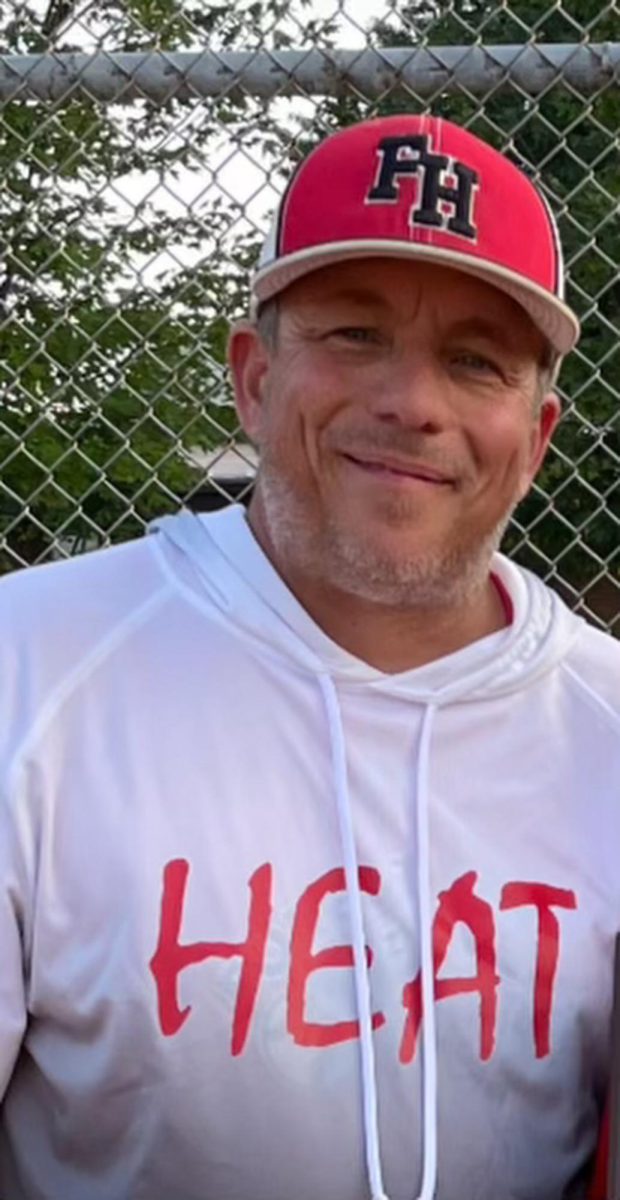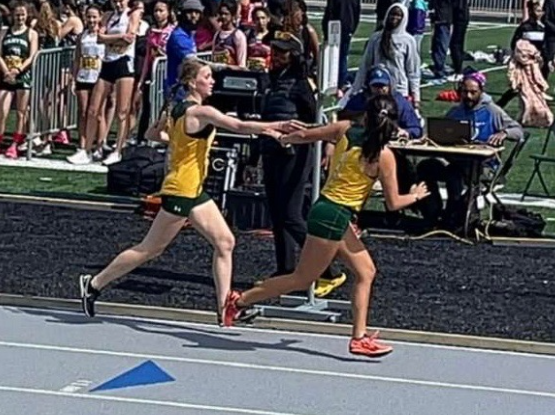Sports finish behind grades
November 1, 2018
Kids are taught from a young age to get active and participate in sports. As time progresses these sports become time consuming with more and more games and practice to which they have to be fully commitmented. As a result, some high school athletes struggle with balancing their academic life with their athletics.
In order to participate in athletics on the high school level students must maintain passing grades in all of their classes.To do this kids must be given proper amount of time to complete work, attend study sessions, and, get help after school if needed. Unfortunately, some coaches frown upon students who miss a little bit of practice to attend these sessions designed to help students succeed in class. When student-athletes don’t attend these events, they are losing critical time that other non-athletic students get to have, a seemingly unfair advantage.
In addition to missing after school help, athletes often miss class in order to go to away games or meets. These students attending away games or meets don’t get home until late which allows them little time to complete homework let alone do the work they missed in class. In fact, last year the track team went to a meet at Kent Island and were not able to get home until after midnight.
While Hawks Soar and homeroom can be helpful, it is often not feasible for students to use these times as a means of getting help, making up tests, and following up on things that need to be addressed.
Likewise, some coaches even expect their athletes to schedule college visits, SAT’s and other necessary things for their future around practices. While in theory this might sound easy to do, such conflicts are not always avoidable. Sometimes it is impossible since these events have set dates that are well beyond the control of students.
Athletes are sometimes penalized by coaches for having to miss practice to go to these events. According to a North Harford poll, 86% of students believe that their coaches care more about your athletic success rather than your academic success. Instead of criticizing athletes for being responsible and trying to succeed in class and getting prepared for college, coaches should consider allowing students to miss a certain amount of practice time without penalty. Clearly this system could be designed at the start of the season and could be catered to avoid missing practice before key games and tournaments. And certainly, student-athletes who try to abuse the privilege would face the appropriate consequences predetermined and communicated by the coaches.
This kind of policy could be beneficial to all student athletes since it could lessen the stress of the students while doing homework, studying for tests and getting ready for college. As a result, students could be more focused on their sport during practice instead of thinking about what they have to complete once the practice is over.
Since many coaches are also teachers who would expect their very own students to prioritize their class, and attend their study session, it seems contradictory that they would expect their athletes to prioritize their sport over school work.
Without doubt, it is important that student athletes understand the importance of learning balance in their athletic and academic life; however, a little flexibility on the part of coaches can go a long way on and off the field.










